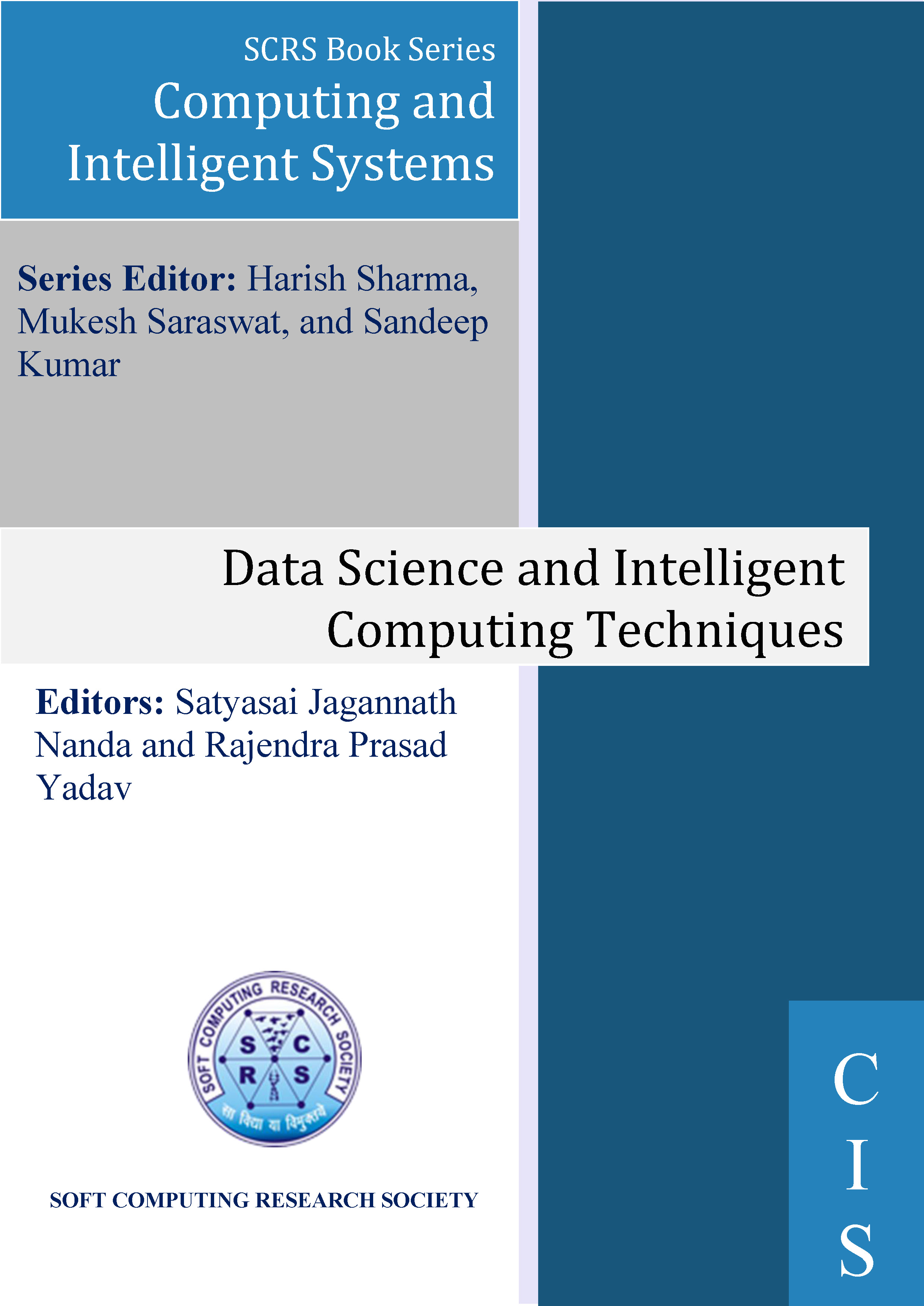
Drugs Toxicity Prediction: A Review
Authors: Kamal . , Devender Kumar and Anuj Kumar Sharma
Publishing Date: 04-06-2023
ISBN: 978-81-955020-2-8
Abstract
Various possible anti-addiction treatments are concerned about drug toxicity, which additionally greatly raises that price of drug research. Drug toxicity can be extremely harmful to the body, resulting in a wide range of diseases such as memory loss, blurriness, liver damage, and so on. Machine learning is an important aspect of drug toxicity; this method helps generate data for many drug candidates. Machine learning also helps in the pharmaceutical industry with quick decisions and critical analyses. Predicting drug toxicity at an early stage has the potential to change people’s lives. During the development of any prediction, safety is critical, as is measuring all effects. We review the various predictive models for predicting the toxicity level, as well as other machine learning techniques that aid in the efficient construction of the predictive model, such as feature selection, balancing, dealing with missing values, and so on, in this paper. Machine learning models along with their approaches such as predictive modeling, ensembling, feature selection, missing values and balancing are used for prediction, This paper focuses on all of the techniques required for predictive modelling.
Keywords
Drugs Toxicity, Prediction Model, Feature Selection.
Cite as
Kamal . , Devender Kumar and Anuj Kumar Sharma, "Drugs Toxicity Prediction: A Review", In: Satyasai Jagannath Nanda and Rajendra Prasad Yadav (eds), Data Science and Intelligent Computing Techniques, SCRS, India, 2023, pp. 235-243. https://doi.org/10.56155/978-81-955020-2-8-20